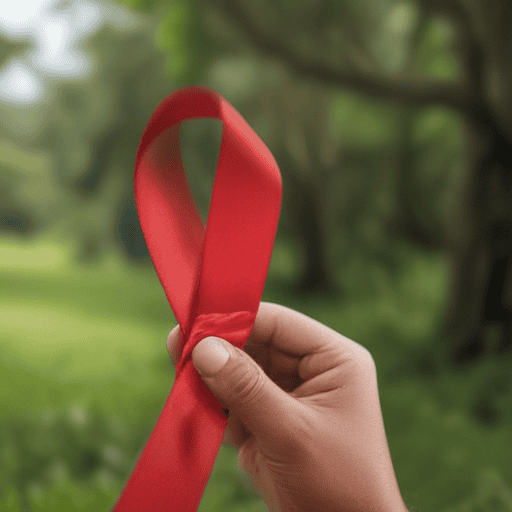Health Minister Dr. Atonio Lalabalavu has officially announced an HIV outbreak in Fiji following a sharp rise in new cases and associated deaths. Between January and September 2024, Fiji recorded 1,093 new HIV cases and 115 HIV-related deaths, with 34 of these deaths occurring among individuals diagnosed within the same year. Dr. Lalabalavu confirmed that Fiji has met the criteria for a national outbreak, indicating that HIV is proliferating rapidly within communities.
The Central Division has experienced the highest number of new cases, with 766 reported, while the Western Division recorded 292, and the Northern and Eastern Divisions saw 33 and 2 cases, respectively. Notably, individuals aged 20 to 29 represent over half of the new infections, with 553 cases accounting for 51% of the total.
In response to this public health crisis, the Ministry of Health has initiated two critical measures: a 90-Day HIV Outbreak Response Plan focused on immediate interventions and the long-term HIV Surge Strategy 2024–2027 aimed at strengthening healthcare systems. These plans were developed with the support of international organizations such as UNAIDS and the US Centers for Disease Control and Prevention (CDC). Dr. Lalabalavu emphasized the need for a collaborative approach, urging support from all Fijians, including communities, civil society, and private sector partners, to raise awareness, reduce stigma, and ensure access to care for those affected by HIV.
The outbreak is believed to be exacerbated by the ongoing illicit drug epidemic in Fiji, highlighting a complex interplay of health and social issues. Dr. Lalabalavu’s call to action signifies the importance of community involvement in mitigating what could be both a health and economic crisis if left unaddressed.
While the outlook appears grim with rising cases and deaths, the proactive steps taken by the government offer a pathway for combating the epidemic. Collaboration among various sectors, along with awareness and support programs, could significantly improve the situation for those affected by HIV in Fiji, fostering a hopeful perspective for managing and reducing the impact of this outbreak.
In summary, the official declaration of an HIV outbreak prompts urgent attention and coordinated action in Fiji, with potential for substantial community engagement and improved health outcomes in the face of rising challenges.

Leave a comment